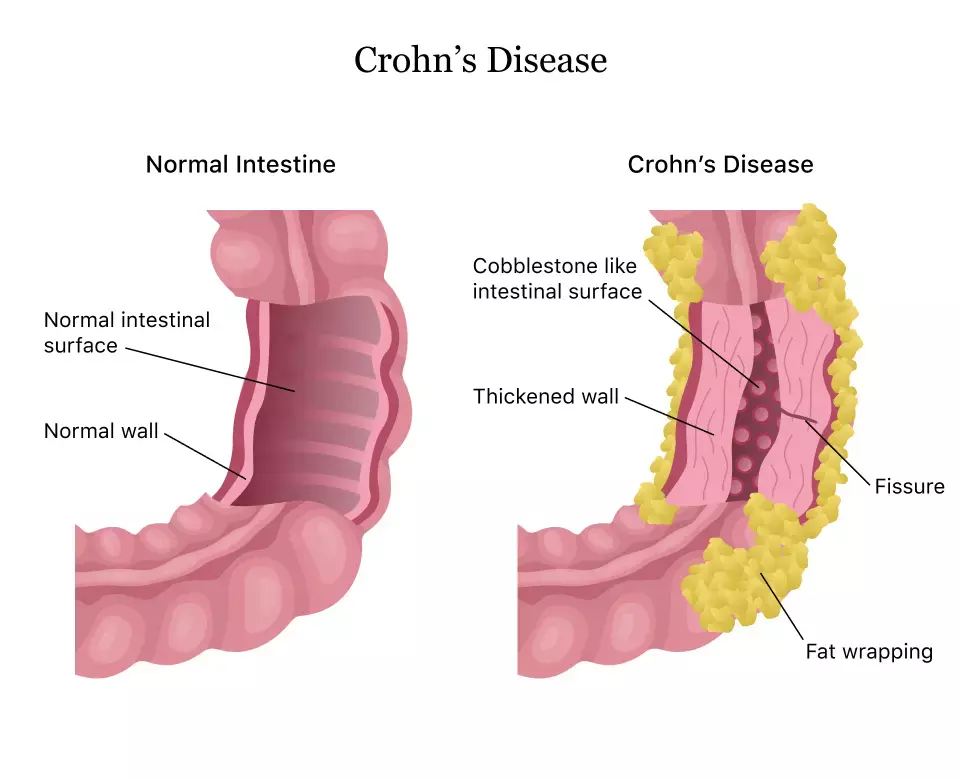- Home
- Medical news & Guidelines
- Anesthesiology
- Cardiology and CTVS
- Critical Care
- Dentistry
- Dermatology
- Diabetes and Endocrinology
- ENT
- Gastroenterology
- Medicine
- Nephrology
- Neurology
- Obstretics-Gynaecology
- Oncology
- Ophthalmology
- Orthopaedics
- Pediatrics-Neonatology
- Psychiatry
- Pulmonology
- Radiology
- Surgery
- Urology
- Laboratory Medicine
- Diet
- Nursing
- Paramedical
- Physiotherapy
- Health news
- Fact Check
- Bone Health Fact Check
- Brain Health Fact Check
- Cancer Related Fact Check
- Child Care Fact Check
- Dental and oral health fact check
- Diabetes and metabolic health fact check
- Diet and Nutrition Fact Check
- Eye and ENT Care Fact Check
- Fitness fact check
- Gut health fact check
- Heart health fact check
- Kidney health fact check
- Medical education fact check
- Men's health fact check
- Respiratory fact check
- Skin and hair care fact check
- Vaccine and Immunization fact check
- Women's health fact check
- AYUSH
- State News
- Andaman and Nicobar Islands
- Andhra Pradesh
- Arunachal Pradesh
- Assam
- Bihar
- Chandigarh
- Chattisgarh
- Dadra and Nagar Haveli
- Daman and Diu
- Delhi
- Goa
- Gujarat
- Haryana
- Himachal Pradesh
- Jammu & Kashmir
- Jharkhand
- Karnataka
- Kerala
- Ladakh
- Lakshadweep
- Madhya Pradesh
- Maharashtra
- Manipur
- Meghalaya
- Mizoram
- Nagaland
- Odisha
- Puducherry
- Punjab
- Rajasthan
- Sikkim
- Tamil Nadu
- Telangana
- Tripura
- Uttar Pradesh
- Uttrakhand
- West Bengal
- Medical Education
- Industry
CRP ≥ 12 mg/L may predict severity of ulcerative colitis instead of ESR

CRP ≥ 12 mg/L can be used instead of ESR for defining the severity of ulcerative colitis (UC) presentation, according to a recent study published in the Journal of Crohn's and Colitis.
The erythrocyte sedimentation rate [ESR] as a component of the Truelove and Witts Criteria [TWC] is the traditional inflammatory marker used for the assessment of ulcerative colitis [UC] activity. However, the C-reactive protein [CRP] is preferentially used in contemporary clinical practice. We aimed to determine the equivalent CRP cut-off for an ESR of >30 mm/h in patients presenting with acute severe UC.
Clinical and pathological data were prospectively collected from 163 presentations of severe UC. A CRP cut-off corresponding to an ESR of >30 mm/h was determined using confusion matrices. A validation cohort of 128 presentations was prospectively collected and analysed.
Results:
A CRP cut-off of ≥12 mg/L generated an 85% positive predictive value [PPV] with a sensitivity of 95% and an accuracy of 82% for having a paired ESR of >30 mm/h. There were no statistically significant differences between groups determined by the traditional ESR versus the new CRP-based criterion in the presenting faecal calprotectin, Mayo endoscopic subscore, or the rates of intravenous corticosteroid therapy failure and colectomy-by-discharge. Applying the CRP ≥12 mg/L criterion to a validation cohort of 128 presentations generated a PPV of 83% and a sensitivity of 94%.
Thus, the proposed CRP ≥12 mg/L cut-off is an inclusive, sensitive, and very practical alternative to ESR as part of the TWC for defining UC presentation severity. It demonstrated similar performance characteristics to the classical ESR criterion when used for the assessment of acute UC disease activity. These findings were confirmed in a validation cohort.
Reference:
Markers of Systemic Inflammation in Acute Attacks of Ulcerative Colitis: What Level of C-reactive Protein Constitutes Severe Colitis? By Anthony Croft, et al. published in the Journal of Crohn's and Colitis.
https://academic.oup.com/ecco-jcc/advance-article/doi/10.1093/ecco-jcc/jjac014/6527048?login=false
Keywords:
Acute Attacks of Ulcerative Colitis treatment, Systemic Inflammation in Acute Attacks of Ulcerative Colitis, Ulcerative Colitis treatment, What Level of C-reactive Protein Constitutes Severe Colitis? , Journal of Crohn's and Colitis, Anthony Croft, Anton Lord, Graham Radford-Smith,
Dr. Shravani Dali has completed her BDS from Pravara institute of medical sciences, loni. Following which she extensively worked in the healthcare sector for 2+ years. She has been actively involved in writing blogs in field of health and wellness. Currently she is pursuing her Masters of public health-health administration from Tata institute of social sciences. She can be contacted at editorial@medicaldialogues.in.
Dr Kamal Kant Kohli-MBBS, DTCD- a chest specialist with more than 30 years of practice and a flair for writing clinical articles, Dr Kamal Kant Kohli joined Medical Dialogues as a Chief Editor of Medical News. Besides writing articles, as an editor, he proofreads and verifies all the medical content published on Medical Dialogues including those coming from journals, studies,medical conferences,guidelines etc. Email: drkohli@medicaldialogues.in. Contact no. 011-43720751


